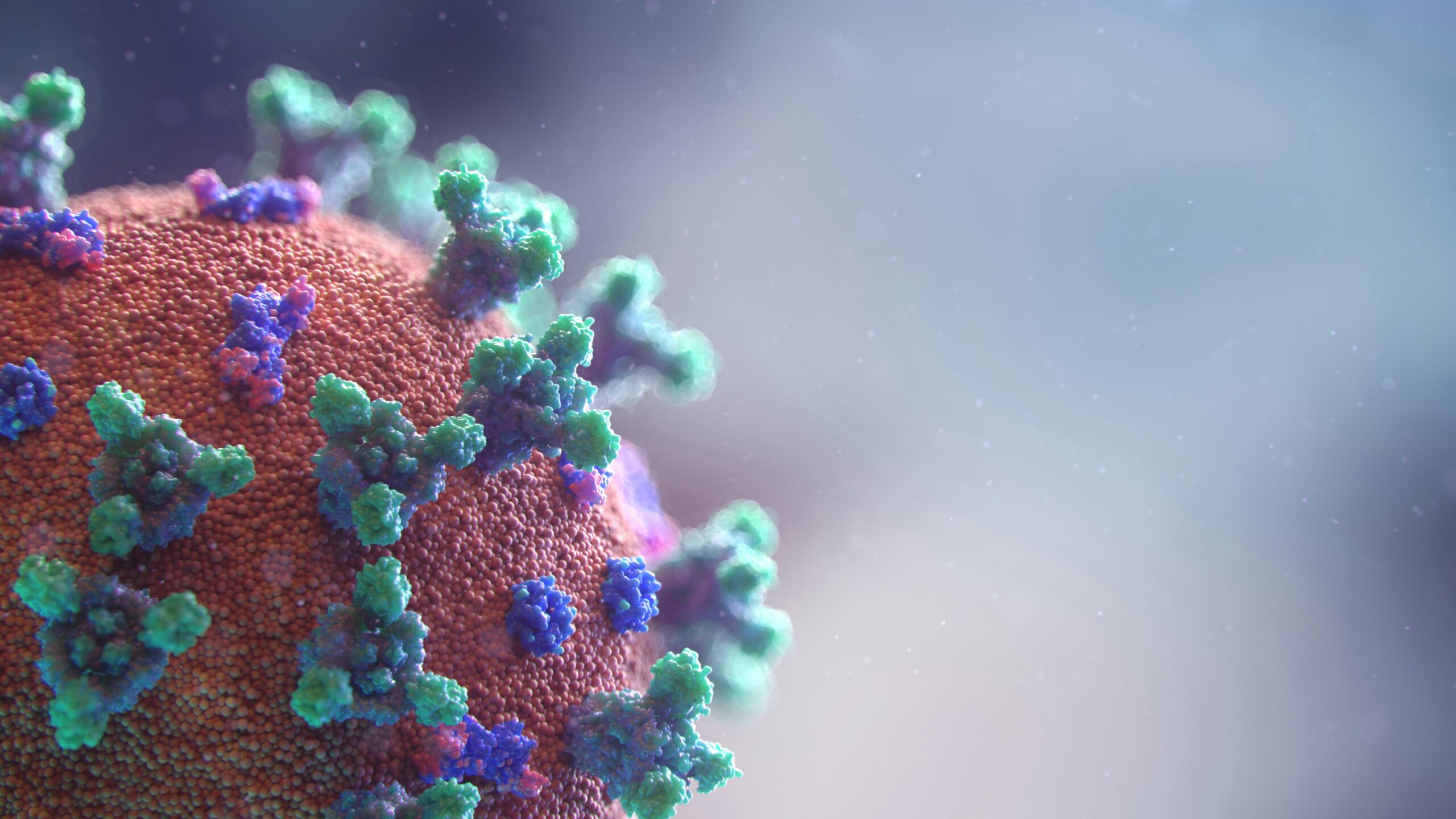Cancer can manifest with a wide range of symptoms, which can vary depending on the type, location, and stage of the disease. Early detection of cancer symptoms is crucial for timely diagnosis, treatment initiation, and improved outcomes. In this article, we’ll explore some of the common symptoms of cancer that individuals should be aware of, emphasising the importance of prompt medical evaluation and follow-up for any concerning signs or symptoms.
1. Unexplained Weight Loss:Unexplained weight loss, particularly significant or rapid weight loss without changes in diet or physical activity, can be a warning sign of various types of cancer. Weight loss of 10 pounds or more without intentional effort may indicate underlying health issues, including cancer of the pancreas, stomach, oesophagus, or lung.
2. Persistent Fatigue:Persistent fatigue, exhaustion, or weakness that does not improve with rest or sleep may be a symptom of cancer, especially when accompanied by other concerning signs. Fatigue can result from anaemia, nutritional deficiencies, or the body’s immune response to cancer. Individuals experiencing unexplained fatigue should consult a healthcare professional for further evaluation.
3. Changes in Bowel or Bladder Habits:Changes in bowel or bladder habits, such as persistent diarrhoea, constipation, blood in the stool or urine, or changes in urinary frequency or urgency, may indicate gastrointestinal, urinary tract, or gynaecological cancers. These symptoms should prompt medical evaluation to rule out underlying conditions, including colorectal cancer, bladder cancer, or kidney cancer.
4. Persistent Pain:Persistent pain that does not improve with time or conventional treatments may be a symptom of cancer, particularly when localised to a specific area or associated with other concerning signs. Pain may result from tumour growth pressing on nerves, organs, or tissues, or from cancer-related complications. Individuals experiencing persistent pain should seek medical attention for proper evaluation and management.
5. Changes in Skin:Changes in the skin, including the appearance of new moles or skin lesions, changes in the size, shape, or colour of existing moles, or non-healing sores or ulcers, may be indicative of skin cancer, such as melanoma or non-melanoma skin cancers. Regular skin self-examinations and dermatological evaluations are essential for early detection and treatment of skin cancer.
6. Persistent Cough or Hoarseness:A persistent cough, hoarseness, wheezing, or difficulty breathing that does not improve with time or conventional treatments may be symptoms of lung cancer or cancers affecting the throat, larynx, or oesophagus. Individuals with persistent respiratory symptoms should undergo thorough evaluation, including imaging studies and diagnostic tests, to identify the underlying cause.
7. Changes in Breast Health:Changes in breast health, including the appearance of lumps or masses, changes in breast size or shape, nipple discharge, or skin changes (such as redness, dimpling, or scaling), may be signs of breast cancer. Breast self-exams, clinical breast exams, and mammograms are essential for early detection and diagnosis of breast cancer.
8. Persistent Indigestion or Dyspepsia:Persistent indigestion, heartburn, or dyspepsia that does not improve with antacids or dietary modifications may be symptoms of gastrointestinal cancers, including stomach cancer or oesophageal cancer. Individuals experiencing chronic gastrointestinal symptoms should undergo evaluation by a gastroenterologist for further assessment and management.
Recognising the signs and symptoms of cancer is crucial for early detection, diagnosis, and treatment initiation. While these symptoms may be indicative of various health conditions, individuals experiencing persistent or concerning signs should consult a healthcare professional for proper evaluation and follow-up. By staying vigilant and proactive about their health, individuals can take proactive steps towards early detection, timely treatment, and improved outcomes in the fight against cancer.
By cancer-research.org team.




